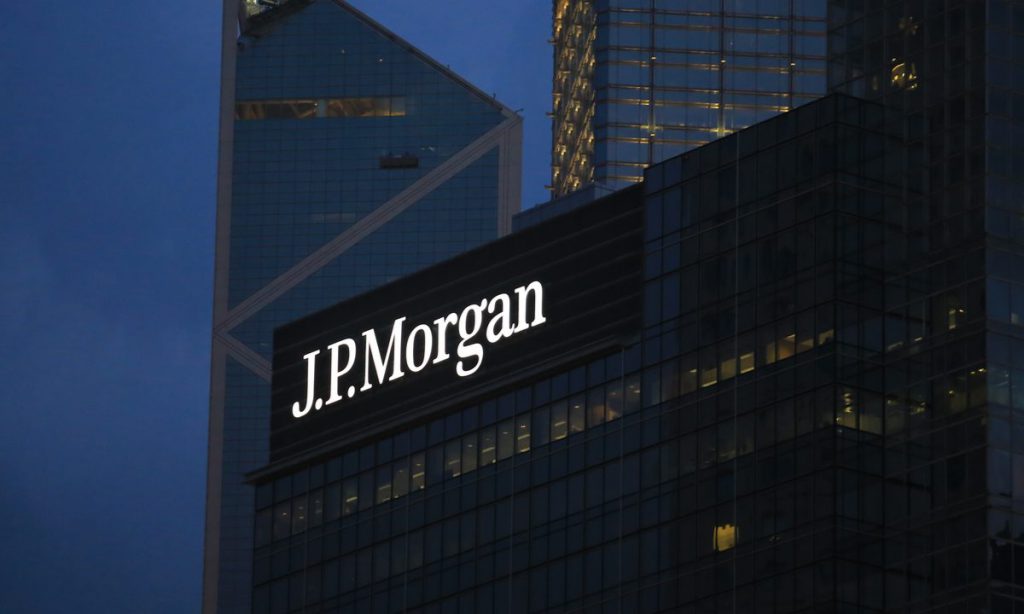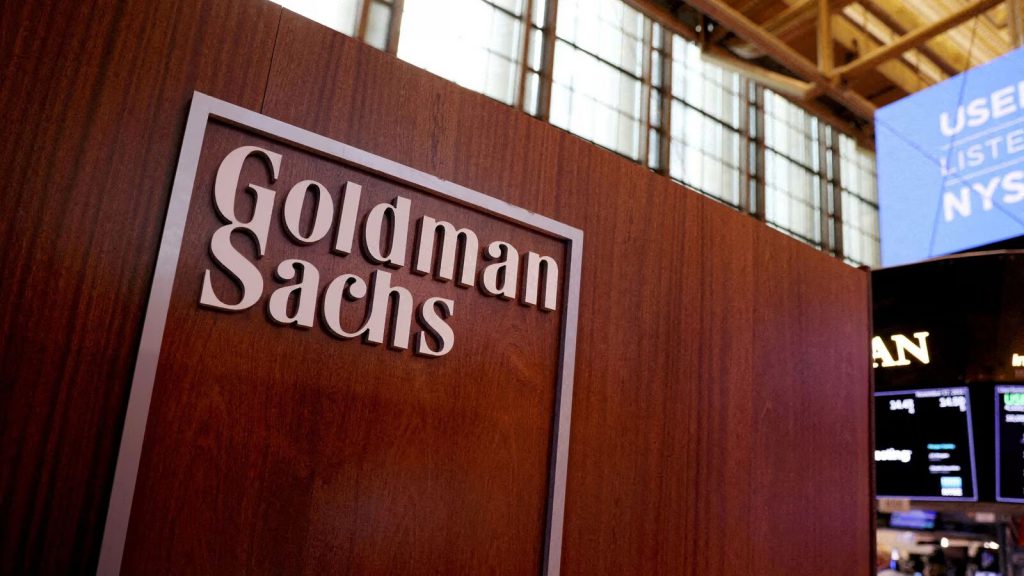With the BRICS bloc continuing development on its economic infrastructure, two major banks have issued US Recession warnings. Indeed, both JPMorgan and Goldman Sachs have noted increased odds for a recession to occur before the end of the year.
The probability has gone up based on Monday’s stock market crash. That caused more than $2 trillion to be whipped out of the market and led to worldwide concern over the state of global markets. It ultimately works in favor of the global south’s move away from Western reliance.


Also Read: ‘BRICS Bridge’ To Replace SWIFT and End Dependency on the US Dollar
JPMorgan, Goldman Sachs Issue US Recession Warning
The last week has seen mass concern over global finance. Japan’s stock market suffered its largest single-day loss on Monday, with panic dominating the sector. That extended to the United States. The worry seemed to derive from concerns that the country was headed to a hard landing.
That worry was reinforced. Amid BRICS de-dollarization work, two major banks have issued US recession warnings. Among them is JPMorgan. Indeed, the bank had increased the probability for a recession by the end of the year to 35% from 25%, according to Bloomberg.
The firm’s economists, led by Bruce Kasman, note that news “hints at a sharper-than-expected weakening in labor demand and early signs of labor shedding,” informing the change. Additionally, the firm’s CEO, Jamie Dimon told CNBC that a recession is the most likely outcome for the economy.


Also Read: BRICS Crypto Project Has Google and Amazon Wanting to Join
Goldman Sachs has echoed a similar sentiment. Earlier this week, the firm increased its odds for a 2024 recession from 15% to its current 25%. Although they believe the economy is stable, they do see issues with Federal Reserve actions throughout this year.
All of these developments create more narrative pressure on the US dollar. The greenback has already lost some prevalence as a global reserve asset. With BRICS taking action to de-dollarize, countries may align with such practices. That is all the more likely after Monday’s crash.





